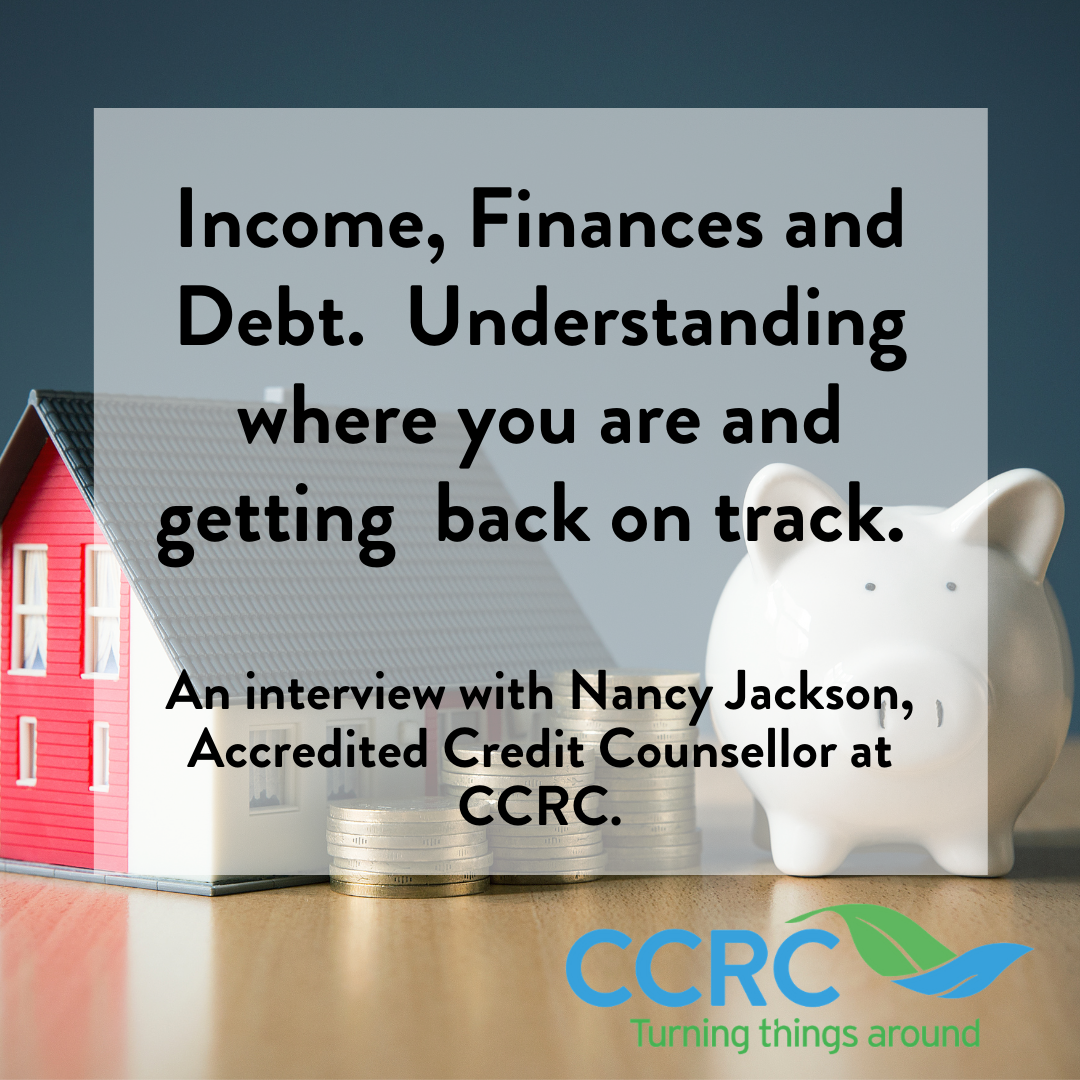
Income, Finances, Debt. These are all words we’re hearing more and more these days. The economic toll of the pandemic is unfolding, retail chains that have been in business for 50+ years are filing for bankruptcy and shuttering their doors. Restaurants are being ‘temporarily’ closed in some areas and have limited seating in others. Even dental offices are being impacted. Many places that we frequented with regularity before the pandemic are now eerily quiet and only the most essential staff are working, the rest laid-off or furloughed.
Before the pandemic, people relied on their steady income levels to make decisions about purchases. Renting an apartment, purchasing a house or a car, phone plans etc. All of these decisions are made based on what a person feels they can afford on the income they earn. An income that before March of 2020 had been steadfast, something that might have fluctuated slightly from year-to-year, but could be relied upon for budgeting.
For many people in our area, our friends, family and neighbors locally and across Canada and beyond, the reality is much less stable. Nancy Jackson is an accredited Credit Counsellor at CCRC who helps people facing income loss and debt. “People are concerned,” she says. “Some are worried about how much income tax they’ll have to pay after receiving the taxable CERB. Others opted for deferred mortgage, property taxes, student loans or credit card payments, assuming that they’d be called back to work at their pre-pandemic income earnings, and that’s not what’s happening for everyone,” Nancy says of the impact for people locally.
Those in the hospitality and retail industries are among the hardest hit by the pandemic. “Many of these places haven’t been able to hire their employees back at the pre-pandemic levels.” For those who opted for suspended payments, it could mean they are now faced with snowballing debt and their income levels aren’t going back to what they were.
Another casualty of the pandemic is fluctuating income sources such as tips and sales commissions. “With the reduction of in-person dining, those hospitality staff that relied on tips to help make ends meet, may be struggling. They also can’t pick up extra shifts like they used to in an effort to make up the difference.”
Nancy is noticing an increase in requests from people for Credit Counselling Services, many of whom have never before needed help with their finances. “People don’t know what to do.” This is unlike any situation anyone has faced in our lifetime and is affecting every age group right now.
So what do people do? “People are looking for help from someone they can trust.” Not-for-profit Credit Counselling services can help people look at their finances objectively, see where changes can be made and help negotiate with creditors. They can also inform people about their rights, what resources and benefits are available and help people determine a path forward with the income they have now.
The most important piece of advice Nancy has for people struggling with their finances? “Don’t wait. Talk to someone as soon as you can so that you can get your finances back on track sooner rather than later.” Nancy can be reached at 705-743-2272 ext. 303 or by email at creditcounselling@ccrc-ptbo.com.
